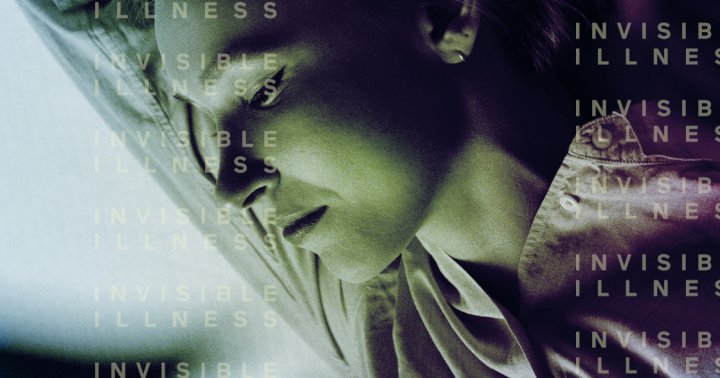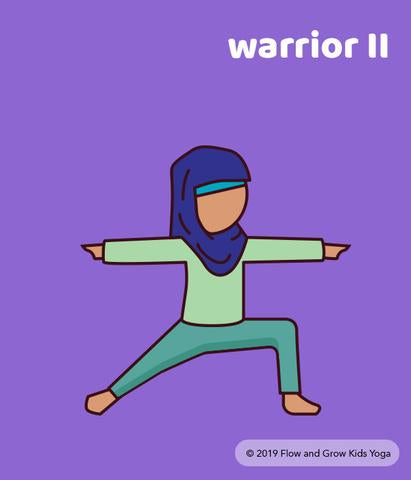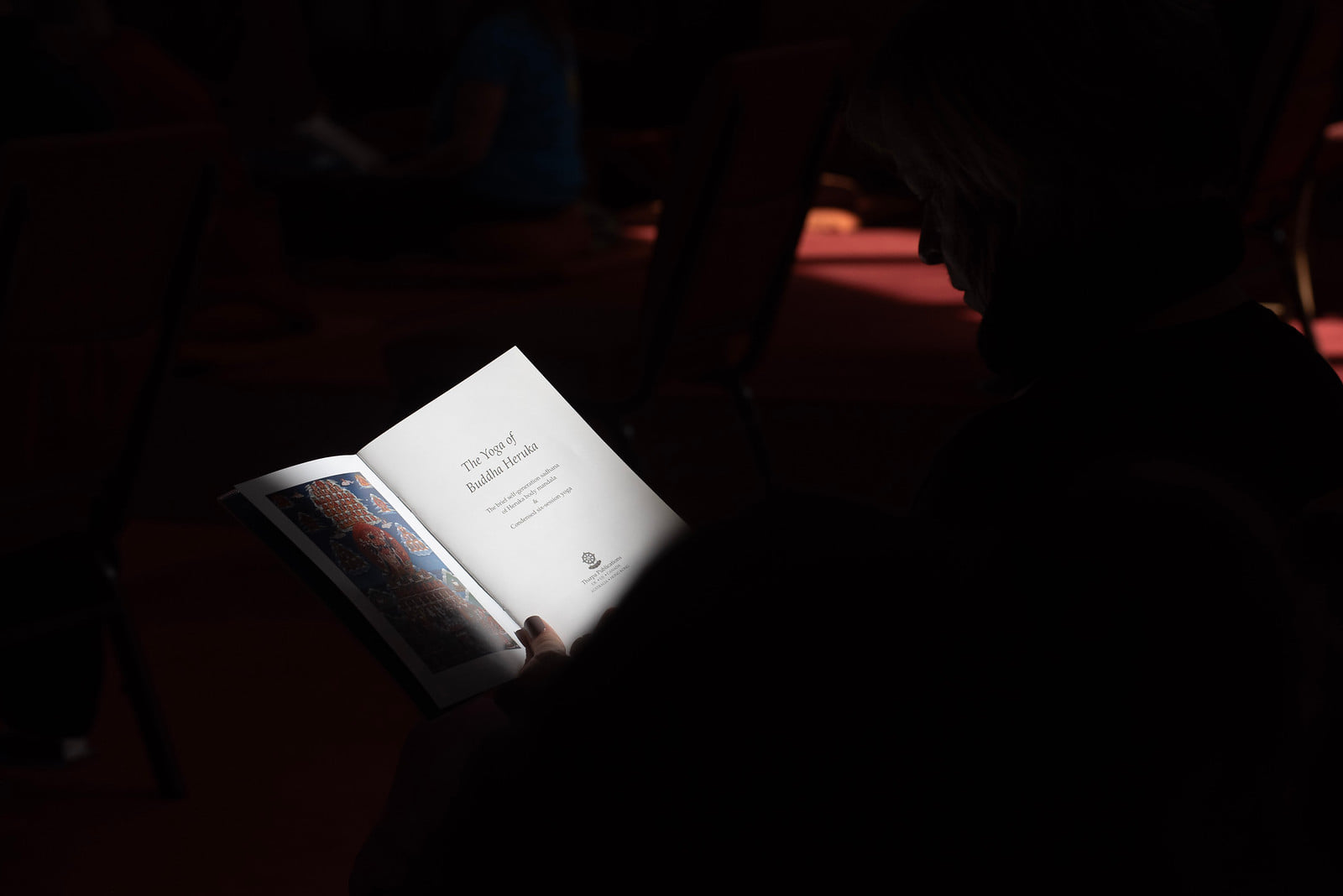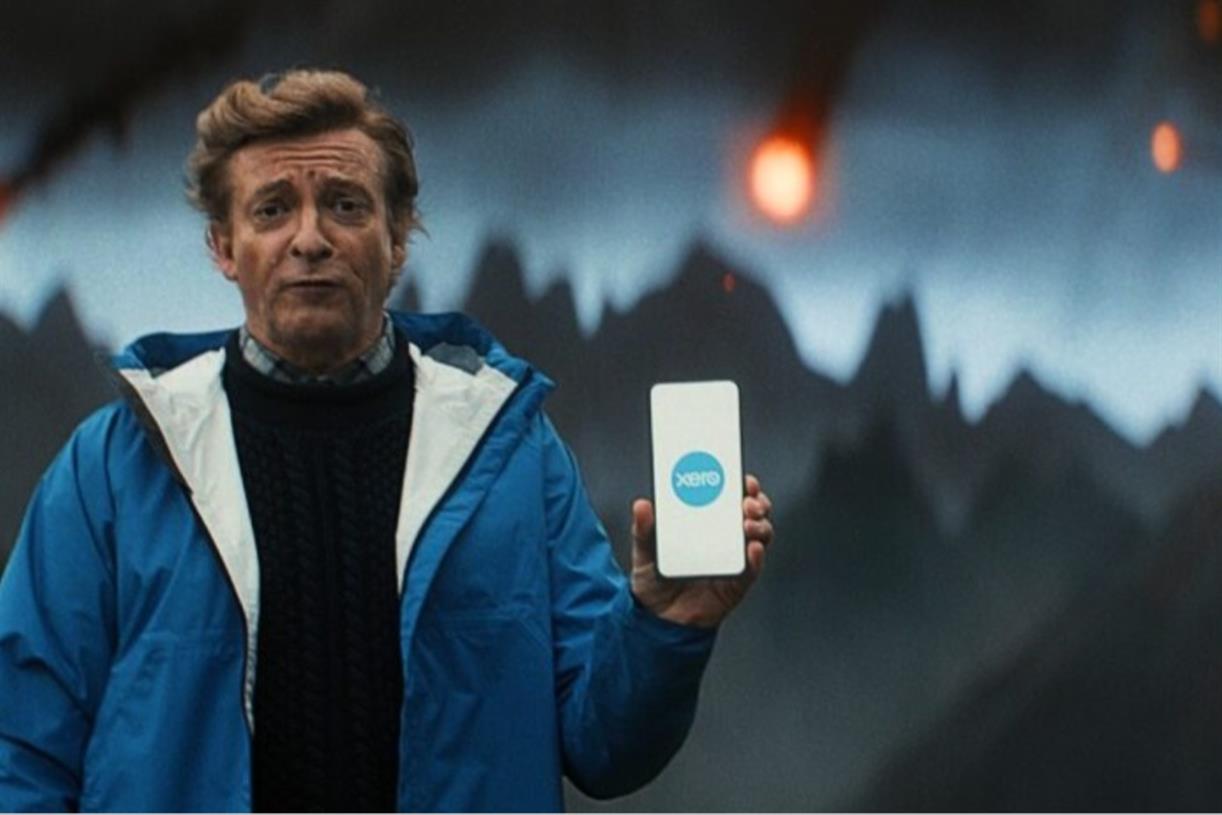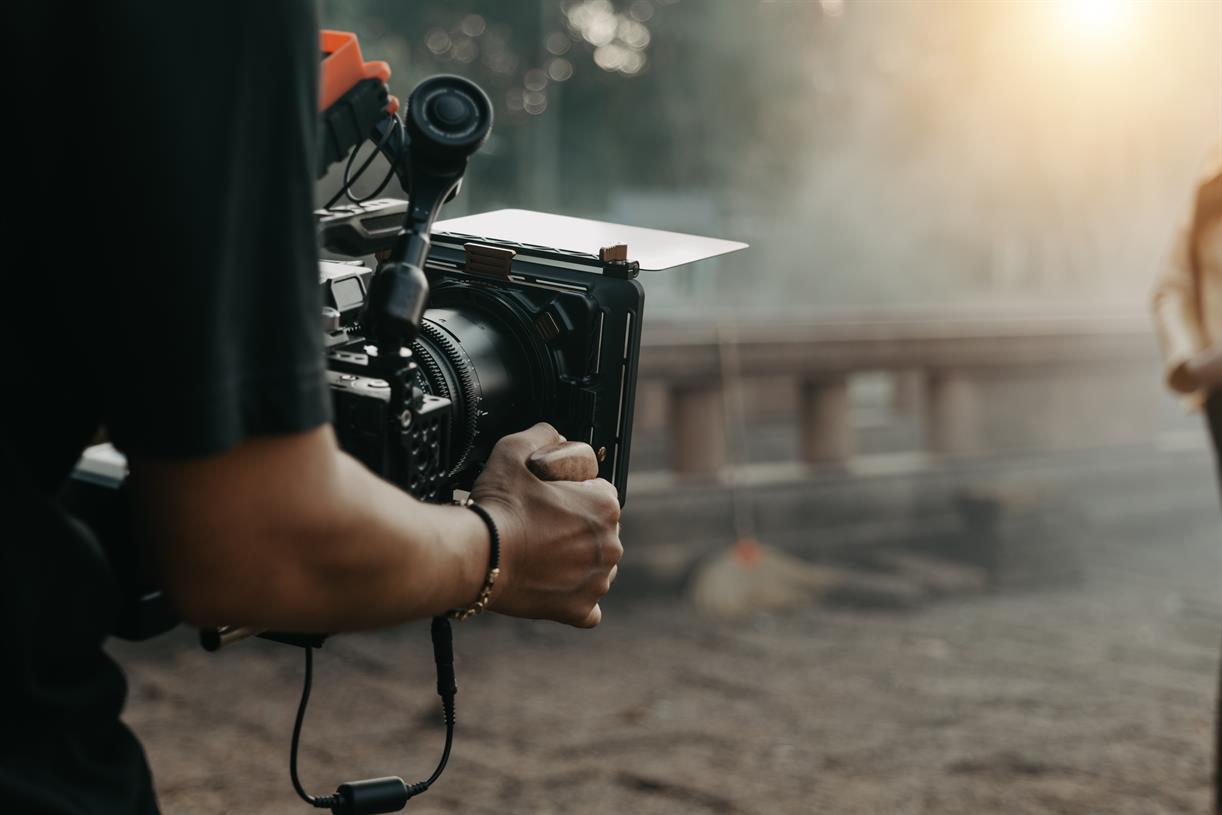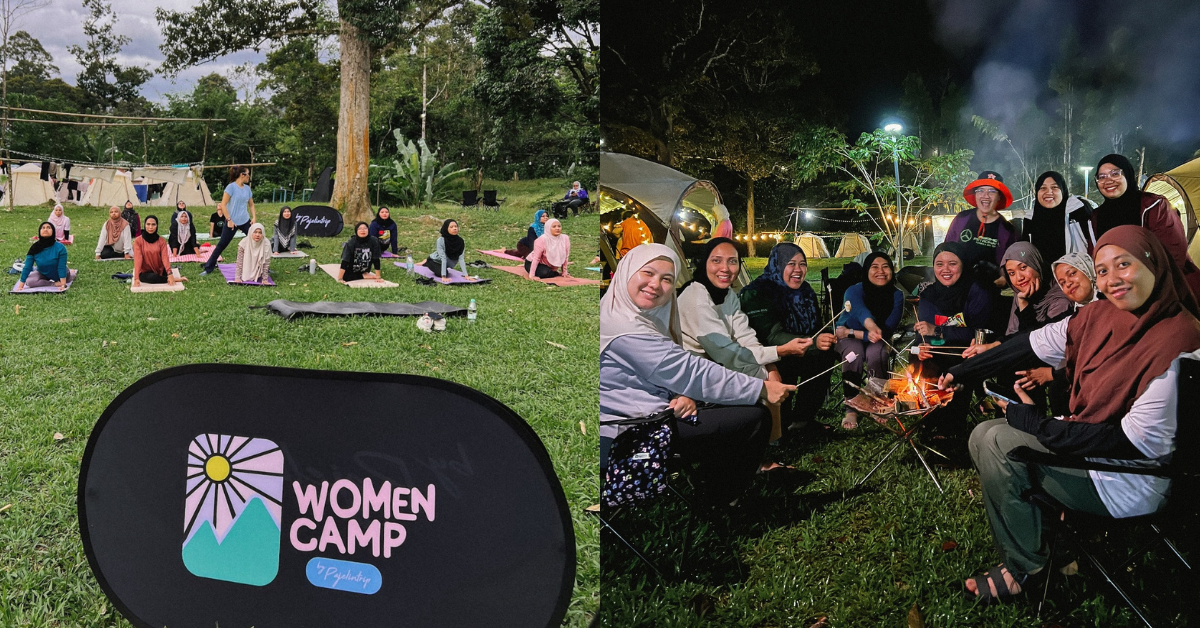How A Sleep Doctor Trained Herself To Fall Asleep & Wake Up Earlier
Plus, the scheduling hack that helps her get to bed on time.
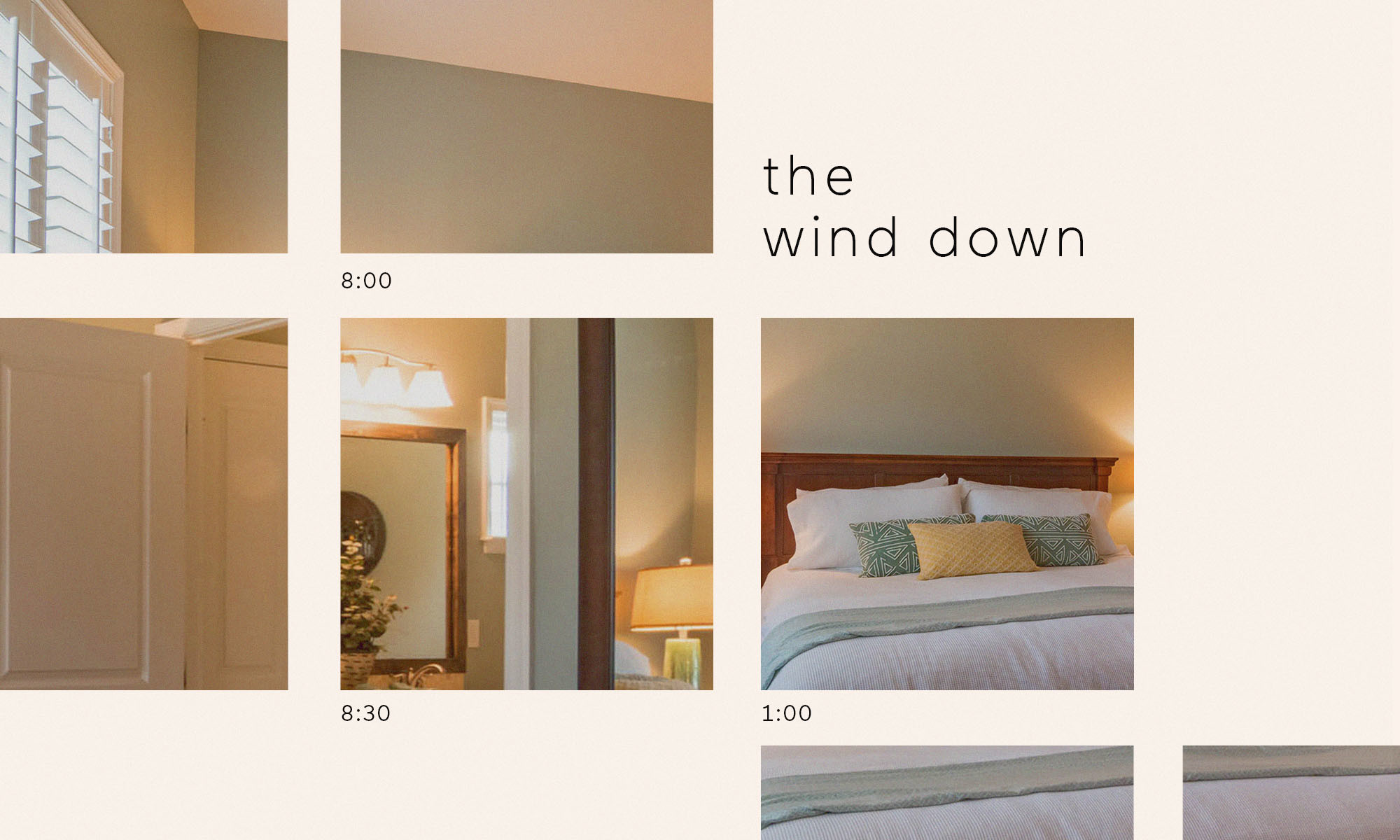

Sleep medicine doctor
Sleep medicine doctor
Nishi Bhopal, MD is board certified in Psychiatry, Sleep Medicine, and Integrative Holistic Medicine. She is the founder and medical director of Pacific Integrative Psychiatry, an online practice in California where patients receive a whole-person approach to anxiety, depression, and sleep disorders, including nutrition, mindset coaching, psychotherapy, yoga and meditation, integrative and functional medicine, and Ayurveda. Dr. Bhopal graduated from the University College Cork School of Medicine, completed her Psychiatric residency at Henry Ford Health System, and a fellowship in Sleep Medicine at Harvard Medical School. She has also received training through the Maharishi Ayurveda Association of America and the Integrative Psychiatry Institute, and is currently becoming certified in functional medicine.
Graphic by mbg creative x Curtis Adams / Pexels January 18, 2023 Our editors have independently chosen the products listed on this page. If you purchase something mentioned in this article, we may Our sleep series, The Wind Down, provides a minute-by-minute peek into the wind-down routines that get well-being experts ready for bed. Today, we're relaxing with sleep doctor Nishi Bhopal, MD, a natural night owl who has a few strategic tips for falling asleep earlier.
Advertisement
This ad is displayed using third party content and we do not control its accessibility features.
I'm a sleep doctor, but as a kid, I was always more sleepy and tired than my peers. I loved books and would stay up late reading my favorite series (these days, this would be called bedtime procrastination!). This always made me very sleepy in the afternoon, and I got into the habit of taking a nap after school. In high school and university, I had a really hard time getting up for morning classes and going to bed on time. Looking back now, I understand that I have delayed sleep phase syndrome (DSPS), a circadian rhythm disorder that causes you to want to go to sleep later and wake up later than society usually dictates. Medical school and residency were an even bigger challenge because of the early mornings, demanding work hours, and irregular schedules. My personal challenges with sleep quality contributed to my interest in pursuing a career in sleep medicine. Currently, I sleep well and know what to do to stay on track and enhance my sleep quality. I usually have my best night’s sleep when I get bright light in the morning, stay active during the day, and allow myself time to wind down in the evening. Simple things have a big impact and I teach these steps to my patients in my practice and in my online holistic sleep course. My biggest barriers to sleep are not staying on a consistent schedule, not getting enough movement during the day, or working on my laptop too late in the evening. If I don’t give myself a cut-off time, I could keep on working, checking emails, or scrolling social media…and I definitely don’t sleep as well when I do that. Rest is the basis of all activity and restorative sleep allows me to function with vitality. It gives me the energy and motivation to focus on the things I find meaningful, supports me in navigating challenges that might come my way, and allows me to feel fully present with the people around me. This ad is displayed using third party content and we do not control its accessibility features. 6:30 a.m.: I usually begin to wake up naturally, but I set an alarm on my phone just in case. In the winter, I’ll use the Philips SmartSleep Wake-Up Light because I have a really hard time getting up when it’s still dark out. 7 a.m.: Meditation and yoga practice. 8:30 a.m.: Time for what I call my morning sun power. My dog and I will go outside for a brisk walk and a dose of bright sunlight (without sunglasses) to train my circadian rhythm. If I’m pressed for time, I’ll stand out on the deck for a few minutes. 12:30 p.m.: Lunch time. I try to eat lunch at the same time every day to keep my circadian rhythm in check, because I’m prone to ending up with a delayed body clock if I’m not mindful of my schedule. 7 p.m.: I start dimming the lights in my house and on my screens. All of our lights are on dimmers and we keep the lights pretty low in the evening in order to promote the brain’s production of melatonin. My laptop and phone screens are also set up to go into night-shift mode at 7 p.m. I’ll write down any last to-dos for the next day so that my mind doesn’t have to hold onto them at bedtime. 8 p.m.: Finish cleaning up after dinner. I love waking up to a clean kitchen, so I like to make sure it’s tidy before bed. 8:30 p.m.: Time for a warm shower. I’m usually cold, so having a shower is warming and relaxing at the end of a busy day. I also sleep better when I have a shower before bed. I do like to brush my teeth and put on my PJs about an hour or so before going to bed because doing that right at bedtime makes me feel more alert. 9 p.m.: Get cozy on the couch and watch a show with my husband. We just finished season 2 of White Lotus and now watching the latest season of His Dark Materials. 10 p.m.: I feel the sleep wave coming on. Time to get into bed! If my eyes aren’t heavy yet, I’ll read for a bit. I’m currently reading Bewilderment by Richard Powers. By 10:15 p.m., my eyes are getting heavy and I’m drifting into a deep, velvety sleep. RELATED: Our Definitive List Of The 9 Best Sleep Supplements & Aids* This ad is displayed using third party content and we do not control its accessibility features.

Advertisement
Advertisement

Nishi Bhopal, MD
Sleep medicine doctor
Nishi Bhopal, MD is board certified in Psychiatry, Sleep Medicine, and Integrative Holistic Medicine. She is the founder and medical director of Pacific Integrative Psychiatry, an online practice in California where patients receive a whole-person approach to anxiety, depression, and sleep disorders, including nutrition, mindset coaching, psychotherapy, yoga and meditation, integrative and functional medicine, and Ayurveda.
Dr. Bhopal graduated from the University College Cork School of Medicine, completed her Psychiatric residency at Henry Ford Health System, and a fellowship in Sleep Medicine at Harvard Medical School. She has also received training through the Maharishi Ayurveda Association of America and the Integrative Psychiatry Institute, and is currently becoming certified in functional medicine.
Having grown up in an Indian family in Canada and lived in several different countries, Dr. Bhopal is attuned to the unique challenges faced by immigrants and expats. She's also a meditator and brings her experiences with yoga and meditation into clinical practice, blending the best of ancient wisdom and modern medicine.
In addition to her private practice, Dr. Bhopal is the founder of IntraBalance, an educational platform that includes a YouTube channel for physicians and therapists where she teaches evidence-based, integrative tools to optimize sleep and mental health. She has an online sleep course called The Holistic Sleep Reset which walks people through a 5-step integrative process to enhance sleep quality. Her passion is making mental wellness and the science of sleep easy to understand and accessible to all.

 AbJimroe
AbJimroe 









